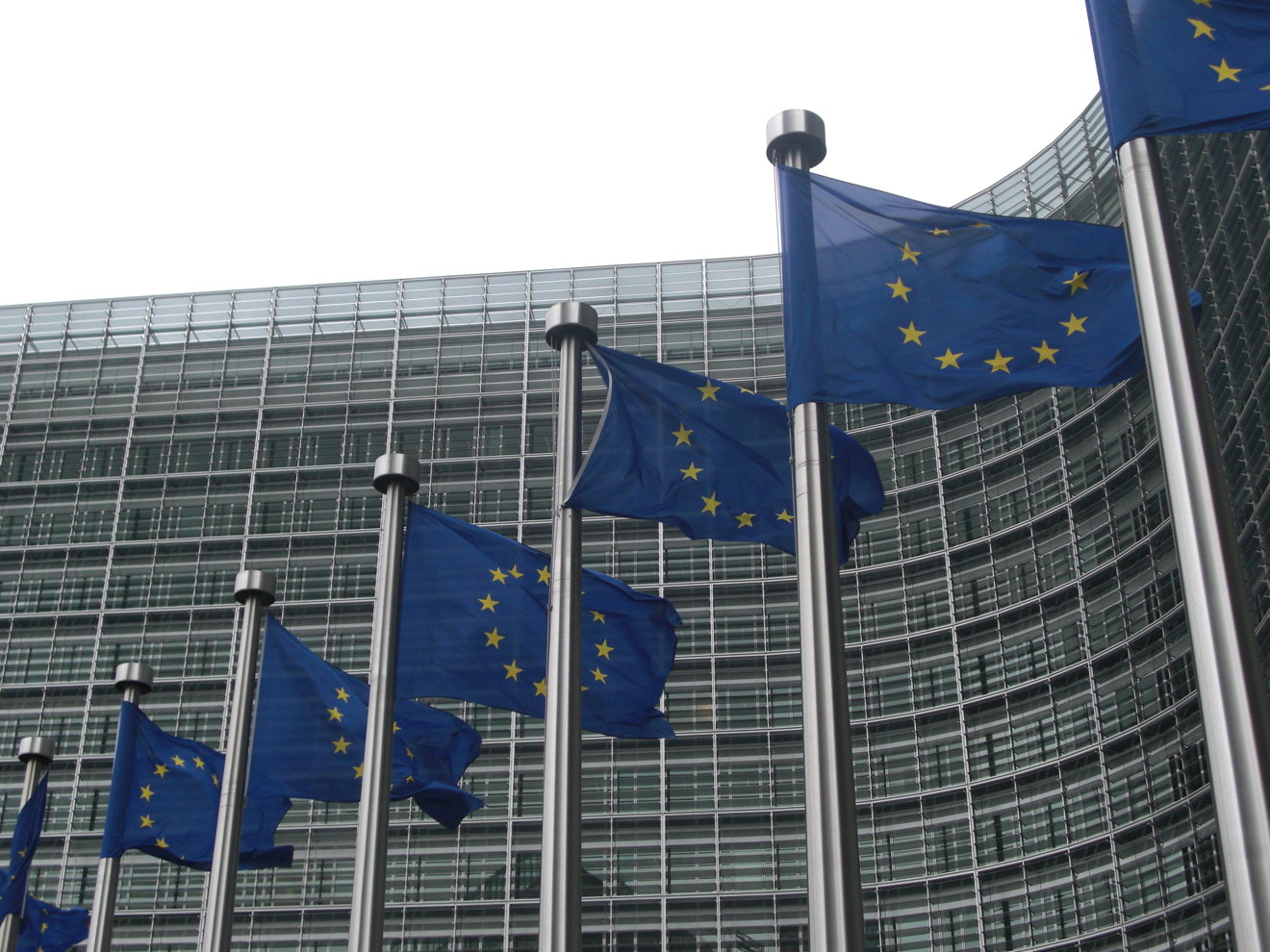Despite a recent proliferation of high-profile antitrust allegations brought against American technology companies by the European Commission, the Old Continent's top legislative body has sought to reassure U.S. firms that they are not being singled out.
"The American firms are allowed to have dominant positions, even monopolies here in the EU, according to our regulations," European Commissioner for Digital Single Market Andrus Ansip told the Wall Street Journal. "But nobody has a right to abuse its dominant position."
Of the 81 companies affected by European Commission antitrust decisions between 2010 and 2014, 21 were American.
When it comes to financial repercussions, however, U.S. companies have paid an outsized amount compared to their European counterparts. Largely thanks to the €561 million tariff levied against Microsoft in 2011, American firms account for nearly half of the €1.36 billion in fines handed down by the Commission over that period.
The European Commission is the executive body of the European Union, and it oversees antitrust investigations against companies operating within the continent.
Google is the latest Silicon Valley mainstay under fire, having been charged with multiple antitrust violations over both its Android and web search products. Apple has also repeatedly found itself under the Commission's thumb in recent years, mainly as a result of its tax deal with Ireland and the App Store's in-app purchase policies.
 AppleInsider Staff
AppleInsider Staff








 Charles Martin
Charles Martin
 Christine McKee
Christine McKee
 Wesley Hilliard
Wesley Hilliard
 Malcolm Owen
Malcolm Owen
 Andrew Orr
Andrew Orr
 William Gallagher
William Gallagher
 Sponsored Content
Sponsored Content








10 Comments
So...they want kinder, gentler monopolies? I don't believe a word of it. The EU is shaking down US companies because they can't compete.
It is really quite simple: Google and Facebook violate EU law --> Google and Facebook get sanctioned. End of story.
Honesty is the best policy. I prefer to pick and choose the cases I agree with based upon personal preferences :) I loved the one that took IE down.
EU companies don't make as much money as US companies because of hyper-high taxes.
I lived in France for 10 years and know first hand that to hire someone means to pay their salary at least twice - one for the employee and one for taxes.
So it's take from the rich and give to the less rich. Only most of these "social" measure to take from the rich (and in the case of taxes on hard drives/storage to make up for poor music sales, the not so rich) only end up filling special interest coffers.
The lies...